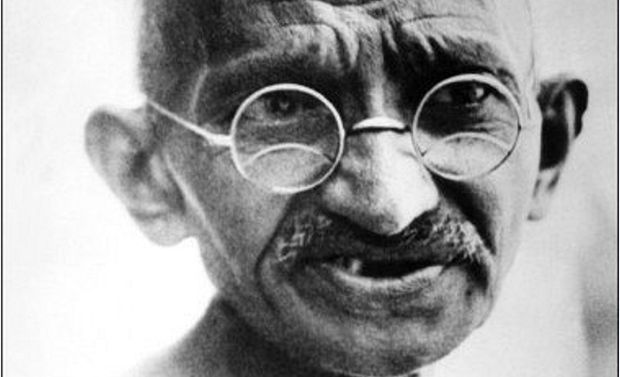Mahatma Gandhi was one of the most influential people in the first half of twentieth century. He had opinions on almost everything under the sun. In recent decades economics has become the most important point of public policy discussion in India. The country got the tag of fastest growing major economy in the world; also the economic ideas of influential people in Indian history are being explored. Therefore it is time that the critical analysis of Gandhian economics was carried out. At the time of Gandhi, economics was not the focal point of public debate. Anti-colonial struggle was the main concern for highly educated Indians. Most of them, including Gandhi, were lawyers. But as a public intellectual and leader, Gandhi certainly has views on economic well being of people.
Economic thoughts of Gandhi evolved with time, when Gandhi returned to India in 1915, he was one of the fiercest critics of industrial economy and machines. “It is machinery that has impoverished India. Machinery is the chief symbol of modern civilisation; it represents a great sin,” wrote Gandhi in ‘Hind Swaraj’, published in 1909. Gandhi argued that human beings should be non-materialistic. “Increase of material comforts, it may be generally laid down, does not in any way whatsoever conduce to moral growth,” wrote Gandhi, outlining his preference for moral growth over material well being. However, few of the mainstream economists agree with Gandhi’s anti materialistic philosophy. Majority of human beings enjoy consumption of goods and services. Historically, Indian civilization does not put morality and materialism on opposite ends, it instead suggests following Dharma and divides different phases of life for different pursuits. Therefore, his economic philosophy was neither compliant with western civilization nor with Indian.
As Gandhi spent time in India and started participating in anti-colonial struggle, his thoughts on economics evolved or he may have compromised on his earlier ideology. In 1920s Gandhi’s criticism of materialism, machines and industrialization became less daunting. In this phase, he argued for ‘Swadeshi’ and ‘Charkha’ was major part of this. He wanted decentralized village units to function independently. All the goods and services of consumption should be produced within the independent unit and imports should be kept to bare minimum. Taking a leaf out of his philosophy, India started import substitution after independence. However, the policy of import substitution and close door policy failed not only in India in the long run but also in other countries which opted for it.
In the later phase of life, Gandhi further moulded his economic ideas. In mid 1930s, Gandhi came up with idea of ‘Trusteeship’ for village regeneration and Sarvodaya. The idea of ‘trusteeship’ is the most controversial and the most popular of Gandhi’s economic philosophy. According to Gandhi’s economic ideas, idea of trusteeship is “what belongs to me is the right to an honorable livelihood, no better than enjoyed by millions of others. The rest of my wealth belongs to the community and must be used for the welfare of the community.” The idea of ‘trusteeship’ was criticized as ‘impractical’ and against human nature by most of the economists and philosophers. A person is deeply attached to his wealth and s/he will not let other enjoy fruit of his efforts.
Economic ideas of Gandhi were followed by some states and leaders with varying degree of success. However, his firm stand on removal of social and economic inequality stands relevant even today as the country faces problem of extremes. A welfare state with common people’s access to basic amenities like education and healthcare was Gandhi’s dream. Universal education has been achieved in the country in recent decades. Modi government is making efforts to universalize healthcare and provide clean environment, both of these were Gandhi’s ideas. The government is trying to achieve the goals which Gandhi dreamt of but certainly not through his means.
